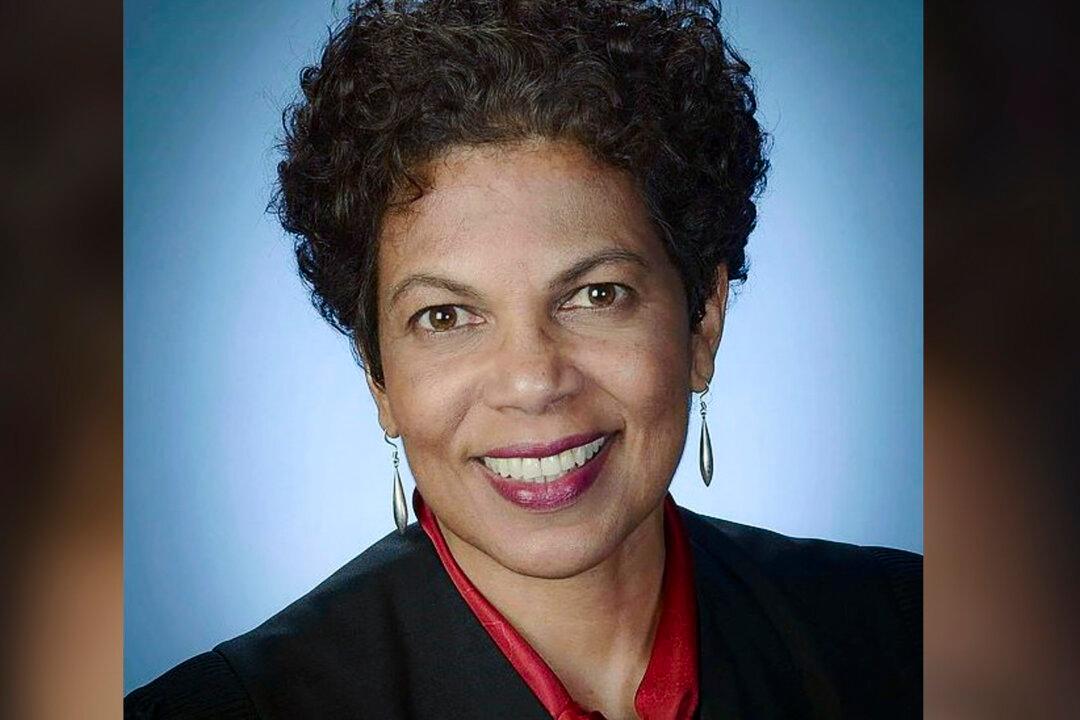U.S. District Judge Tanya Chutkan granted on Aug. 9 a request by prosecutors with special counsel Jack Smith’s office after conferring with attorneys for former President Donald Trump to delay a status report and conference to resume litigation in the case charging the 45th president for his actions on Jan. 6, 2021.
The status report was originally due Aug. 8, but the parties instead filed a request for more time after conferring. The judge ordered the report due Aug. 30, and a status conference hearing for Sept. 5.





